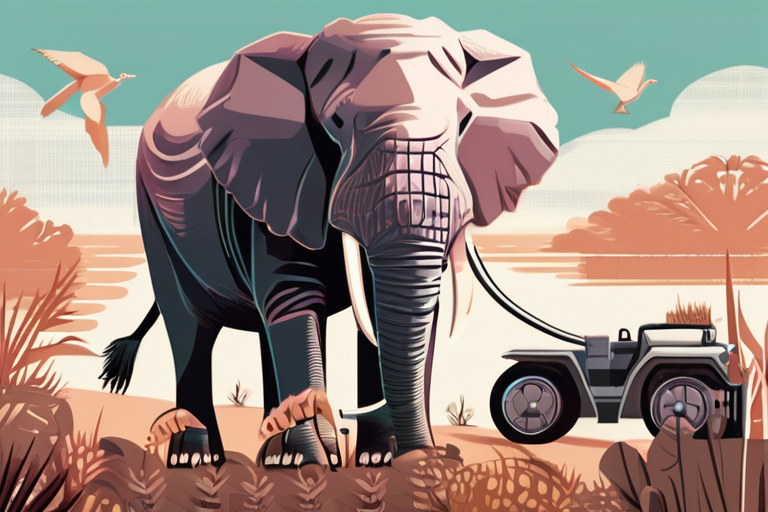Genetic Engineering of Wildlife: IUCN Debates Ban Amid Conservation Concerns


Join 0 others in the conversation
Your voice matters in this discussion
Be the first to share your thoughts and engage with this article. Your perspective matters!
Discover articles from our community

 Hoppi
Hoppi

 Hoppi
Hoppi

 Hoppi
Hoppi

 Hoppi
Hoppi

 Hoppi
Hoppi

 Hoppi
Hoppi

The Darknet Nursery Nightmare: A Cautionary Tale of Cyber Extortion In a shocking turn of events, hackers who attempted to …

Hoppi

Former Microsoft Execs Launch AI Agents to Revolutionize Finance with Maximor In a bid to replace the ubiquitous Excel spreadsheet, …

Hoppi

John Lennon's Famed 'Lost Weekend' Glasses Expected to Sell for $400,000 at Auction LOS ANGELES - A pair of tinted, …

Hoppi

MarketsShareShare this articleCopy linkX iconX (Twitter)LinkedInFacebookEmailICP Advances 2.8 as Buying Interest RevivesICP traded in a 5 channel from 4.60 lows …

Hoppi

Trump's Argentina Bailout Enriches One Well-Connected US Billionaire A $20 billion taxpayer-financed bailout package announced by Treasury Secretary Scott Bessent …

Hoppi

Google's Pixel 10 Pro Revolutionizes Smartphone Photography with AI-Powered Camera The latest release from Google, the Pixel 10 Pro, has …

Hoppi